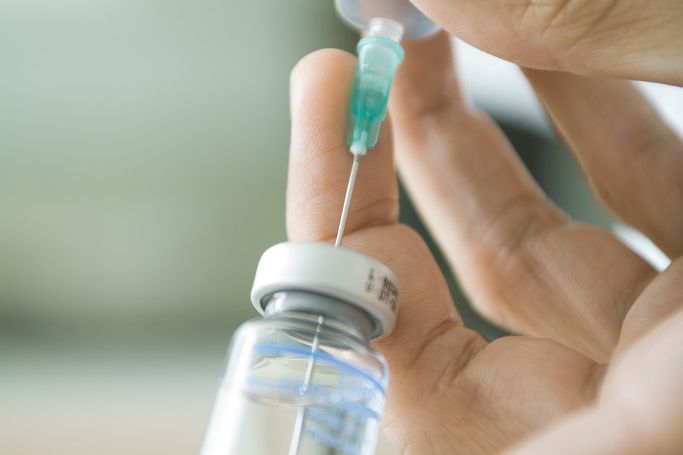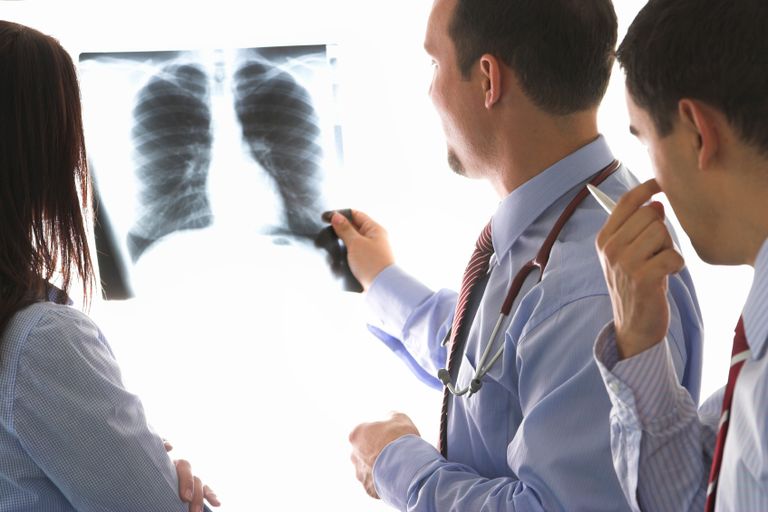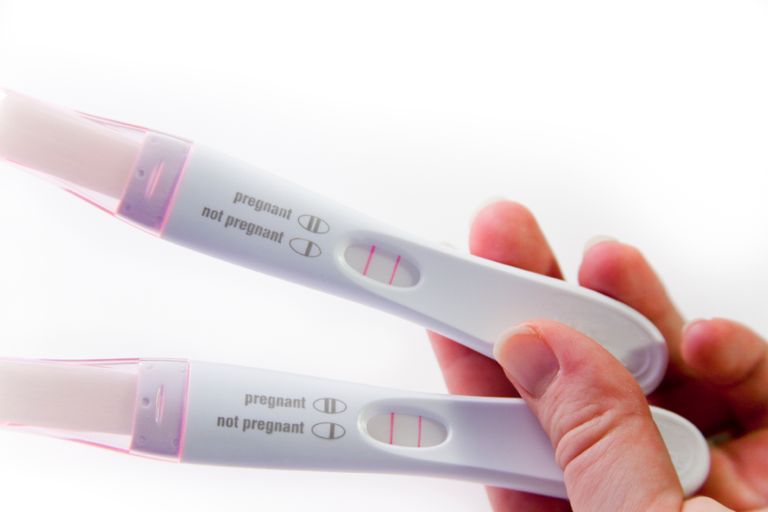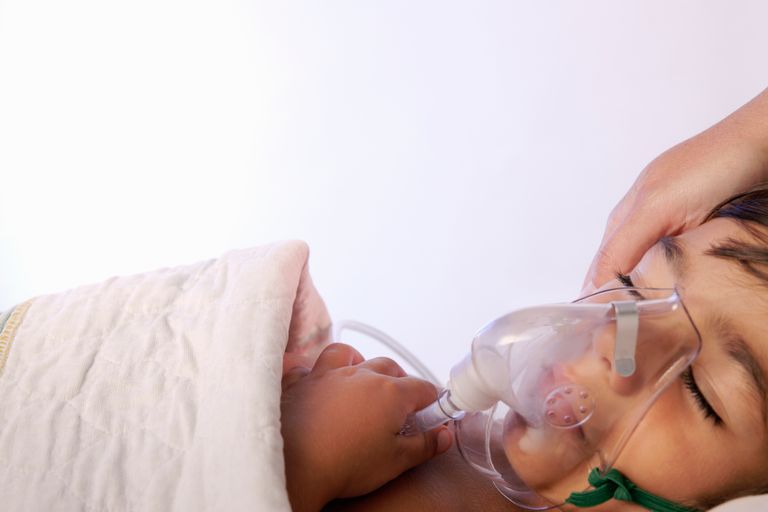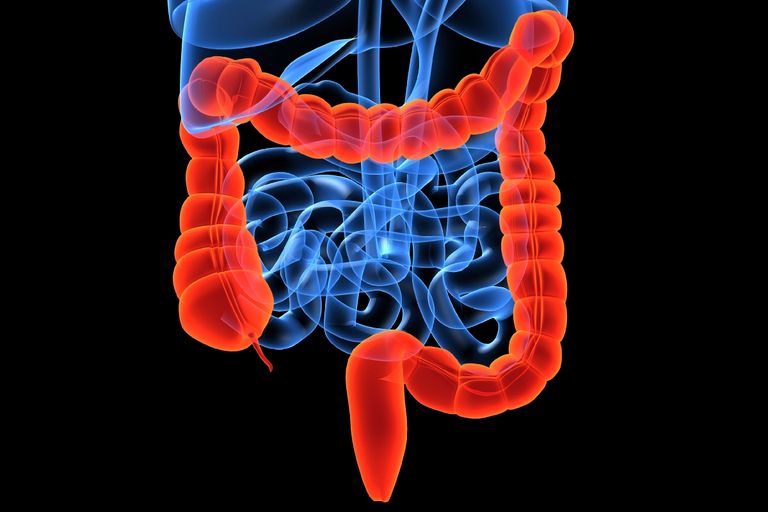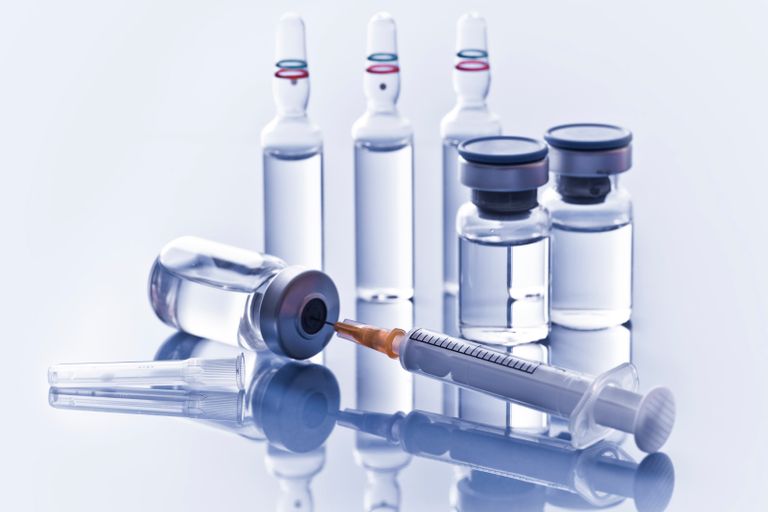EBM Focus
The EBM Focus is a free weekly e-newsletter published by DynaMed. It provides valuable, advertising-free information to the medical community.
Everyone has heard the statistic "1 in 8 women will be diagnosed with breast cancer." Well, here's a new one for you: 1 in every 7 women diagnosed with breast cancer through screening will be unnecessarily treated as a result of overdiagosis. Check out this EBM Focus to find out what we're talking about.
Considering how often family physicians and pediatricians take care of babies with hyperbilirubinemia, it's a [crying] shame how often we still mess it up. Confusion about appropriate assignment to neurotoxicity risk group on the phototherapy curve often leads to overtreatment- to 3,050 babies out of 148k In this cohort, to be exact. Turns out, ΔTSB is better than Bhutani when it comes to determining need for post-discharge bilirubin checks and phototherapy. Read more about it in this EBM Focus.
A large prospective cohort study in Israel suggests that mRNA COVID vaccines have historically high rates of efficacy (works under ideal conditions) and effectiveness (works in the real world). Get your COVID vaccine. Help/convince others get theirs. That is all.
Have you ever been presenting a patient with pneumonia on rounds and you get to the part where you say "Doing well on day 3 of antibiotics" and your attending ruins it by saying, "How long should we continue the antibiotics?" Or maybe you've advanced in your career and now that is the little voice in your head saying that instead. (You're welcome). Well, in that case you look to your clinical resources and IDSA guidelines, right? Except those resources give a long window of acceptable treatment leaving you, the doctor, to decide. Welp- this study may help give us an answer to this question- for hospitalized patients who are clinically improved at the time of discharge, you likely don't need to send them home with any further antibiotics. (*)
"At the end of the day, we are treating symptoms, not saving lives"-- Alan Ehrlich, medical doctor and wordsmith
Here is a good example of investigators asking a question that is highly relevant, but falling short with study design and execution, leaving us without any actionable answers. Read this EBM focus to see what we mean so that you can arrive at these depressing conclusions yourself!
If you look up dosing instructions for apixaban, rivaroxaban, or dabigatran on any of your go-to clinical resources for drug prescribing (my fav is epocrates), you won't yet find an indication for DOACs in patients with valvular afib for VTE prophylaxis. But is a change gonna come? Seems like it might. Still need trial data though- that's the bottom line of this EBM Focus on DOACs for valvular afib.
Question everything. That's kinda my mantra I guess. But this EBM Focus takes it to the next level when we actually question the placebo effect, the thing that makes us question the most things in clinical trials.
"I'm down with GTT, yeah you know me" said no pregnant person ever. While most patients don't like the sweet drink prescribed at 24-28 weeks, turns out they like fasting for the glucose tolerance test even less. Check out this EBM focus that breaks down the 'best' screening test for gestational diabetes and how likely pregnant patients are to do it.
Whether we are talking about avoiding antibiotic resistance or a kid's resistance to taking medication, it seems like less is more. Check out this EBM Focus to learn why we think 5 days of antibiotics may be as good as 10 when it comes to treating uncomplicated pneumonia in kids.
When it comes to managing type 2 diabetes, clinicians are overwhelmingly more likely to prescribe long-acting insulin formulations like glargine and detemir over NPH, probably thinking they are saving the patient some hypoglycemic events. But how true is that? And at what cost? Find out here in this EBM Focus!
One more thing Canada does better than us, eh? Add stroke prediction after TIA to the queue. This recent external validation study published in BMJ shows that even though the ABCD2/ABCD2i give'er(ed?) for many years, the Canadian TIA score does a better job at stratifying patients with TIA into low, medium, or high risk of subsequent stroke in the next 7 days. Check out this beauty of an EBM focus to learn how you can apply this score to your patients.
For only $900 a month, you too can lose up to 15%* of your body weight! All you have to do is stick to a diet, exercise, track your food intake... and inject this GLP-1 agonist once weekly. Results actually are impressive for this drug compared to others available, but accessibility is a rate limiting factor. Find the details and NNTs in this EBM Focus!
*results may vary
"The right thing to do and the hard thing to do are usually the same." When a 2013 trial failed to demonstrate a statistically significant benefit of preconception-initiated aspirin on pregnancy outcomes, the right thing to do would have been to conduct another trial powered to detect the difference if it was really there. Instead, a group of epidemiologists applied new statistics to the old dataset that introduced more systematic bias. Alas, their "significant" new findings don't seem that significant after all.
When randomized trials are all but impossible due to low event rates for rare conditions like MISC, the 'best available evidence' is all we have to go on. We have to do our best to balance our obligation to "First Do No Harm" with the helpless anxiety that drives us to do something, especially when it comes to our most innocent and vulnerable populations. Steroids, anyone?
Out just in time for everyone's favorite holiday, Valentine's Day, our hopes were high for this trial of a new SGLT2/1 inhibitor that was published in NEJM. But alas, the rules were changed halfway through the game, and homie don't play. Modifying a study protocol during trial implementation is a huge source of bias, so we have no choice but to sit with our uncertainty about sotagliflozin for a little while longer until more data becomes available.
Do you have PTSD from all the overnight pages for PRN hydralazine? Now you can arm yourself with one more study that says treating asymptomatic elevated SBP causes more harm than good.
We now understand that much of the morbidity that comes with COVID-19 results from the body's immune response to SARS-CoV-2 viral particles in the lungs. The monoclonal antibody tocilizumab has been the target of several recent studies evaluating its effectiveness against COVID-19. Should tocilizumab become standard of care for hospitalized patients? This EBM Focus takes a closer look at the possible benefits of this treatment.
As we wait with anxious anticipation for the updated 2021 USPSTF guideline on colon cancer screening which is expected to be a Grade B recommendation to begin screening at age 45 in average risk adults, we at the EBM Focus thought you might appreciate a refresher on the various methods of colon cancer screening. Did you even know you could screen with urine and blood tests? Me neither.
Considering that most of the efficacy data we have so far for the treatment of COVID-19 has shown minimal to no benefit for therapies such as remdesivir, convalescent plasma, and hydroxychloroquine, seeing a meaningful benefit from the SSRI fluvoxamine hit us with a pretty solid "whoa!". Check out this EBM Focus for details.
If you've ever wondered about the balance of cardiovascular benefit to bad breath when it comes to omega-3 fatty acid supplementation, join the club. This summary of the STRENGTH trial will describe the less than exciting results which unfortunately fall in line with the replication crisis we see so frequently these days.
Get the latest evidence updates on all things COVID with this summary of 10 things you need to know NOW, a follow-up to one of our first summaries on COVID-19 that came out in April.
Caveat Emptor- that's Latin for "buyer beware", in case you were going to have to look that up, too. Black market convalescent plasma is a thing, believe it or not. If you find yourself considering purchasing some COVID-infused blood products on the down low, or even more legitimately asking your ICU attending for some, you might want to get the details on the antibody titers first.
The body of literature on autism unfortunately reflects more data disproving causes than demonstrating likely links. The search continues in this study evaluating the association between labor epidural anesthesia and autism. Just don't let desperation for an answer cloud your clinical decision making at this point.
2020 has not been the posterchild for hope. The global pandemic continues to kill thousands by the day, and most studies evaluating treatments to date have demonstrated modest benefits at best. So this prospective meta-analysis on steroids for COVID seemed to offer some hope for a measurable mortality benefit for severely ill patients with COVID. As usual, the EBM focus takes a closer look.
Back pain was the 4th most common diagnosis in primary care settings in 2019. Despite strong evidence that most people get better by 6 months regardless of the intervention, patients who present for this compliant often want relief yesterday. A recent trial evaluated whether early referral to physical therapy might be worth considering. Spoiler alert: it probably won't change your practice.
Sometimes, 'quality' metrics require testing that is not so evidence-based, forcing some clinicians to choose between meeting benchmarks and applying the best available evidence. Well, a new study might offer an in-between when it comes to screening for albuminuria in patients with diabetes.
For many years, rate control and anticoagulation have been the mainstay of management for atrial fibrillation. But is early rhythm control going to make a comeback? Keep your finger on the pulse with this week's EBM Focus! (Did you see what I did there?)
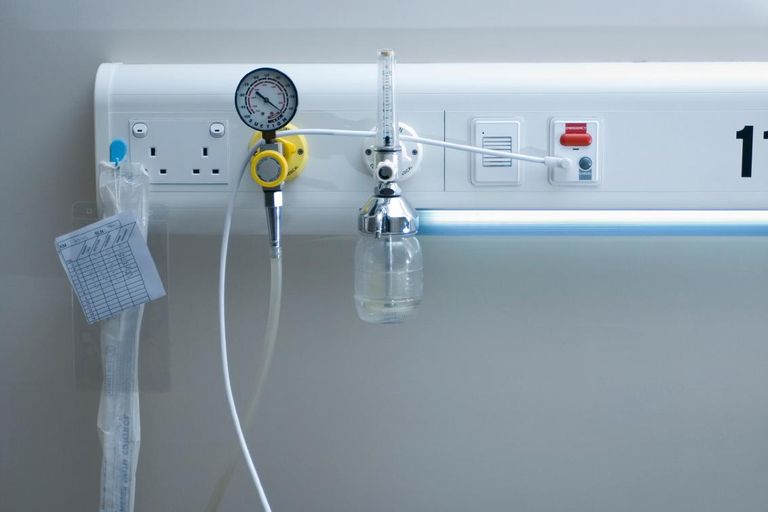
This EBM Focus might resonate with those of you following President Trump's hospitalization for COVID-19, with reports that he is being treated with remdesivir. Will it help? Read about it here!

New evidence links climate change to effects far beyond floods and forest fires.
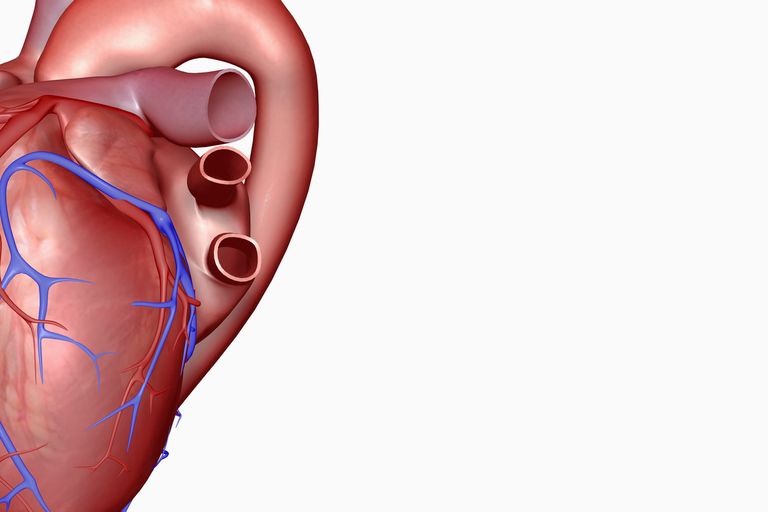
Is COVID breaking your heart? See how the secondary effects of the COVID-19 pandemic are linked with increased rates of stress cardiomyopathy.
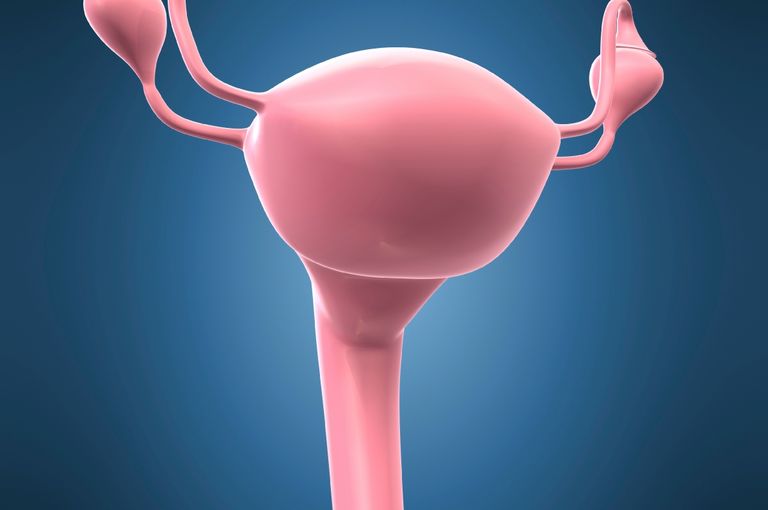
See how the American Cancer Society thinks we should approach screening for cervical cancer. Think less is more!

Can a simple scoring tool help reduce unnecessary testing for microscopic hematuria? Find out here.
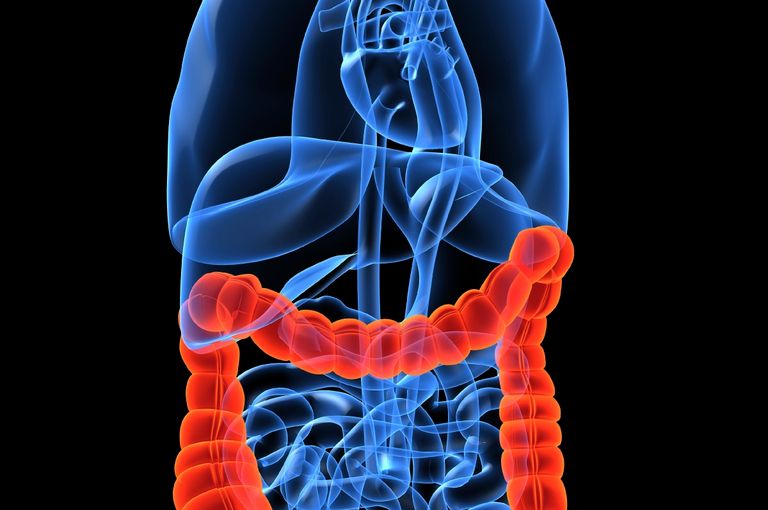
Do ACE-inhibitors really decrease risk of colon cancer like you might have seen in media coverage? Check out this EBM Focus to find out!

Is that Z-Pac going to kill you or keep you alive? Find out here.
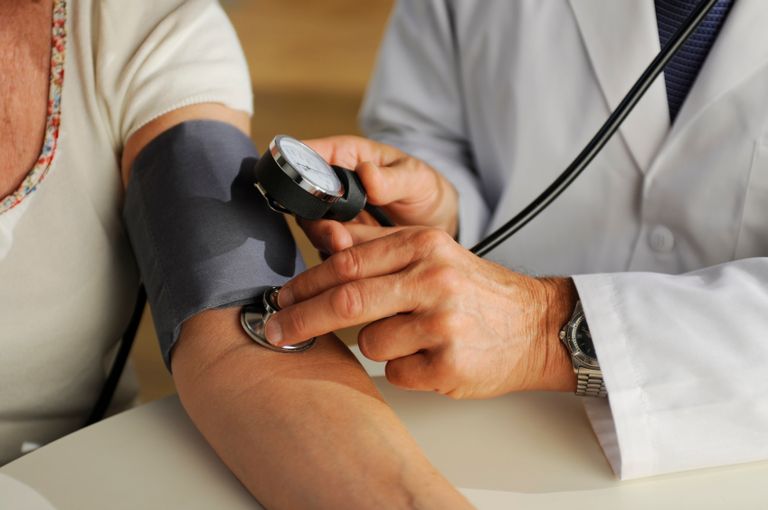
Looking for an EBM Focus from months ago? Or just want to browse the latest summaries? Click below to access the EBM Focus Archives.
Get the EBM Focus straight to your inbox for free! Keep up with current clinical information by subscribing to the EBM Focus. No DynaMed subscription needed!
Be sure to select "Medical" for the section on Market. Check the box for the EBM Focus is under the third grouping "I want to receive the following newsletters".
All rights reserved. EvidentlyMD
© 2020


